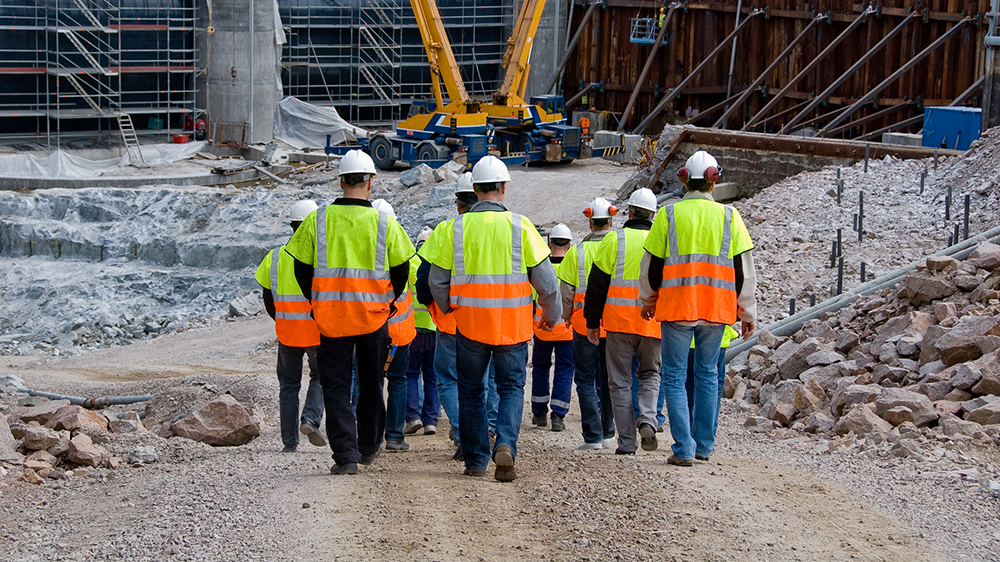
Four contractors that took part in a flexible working pilot have all seen a reduction in sickness absence one year on.
That’s according to a review of the Timewise and Build UK ‘Construction Pioneers’ working pilot commissioned by CITB. BAM Construct, BAM Nuttall, Skanska and Willmott Dixon took part in the programme.
All the firms continued with flexible working after the 18-month pilot, testing different kinds of flexible working in construction, ended.
Results from the four firms buck the industry-wide trend for worsening rates of sickness absence post-pandemic.
Timewise has published a review of the impact of the pilot, called ‘Making Construction a great place to work – a view one year on’.
Positive impacts
The findings suggest that flexible working has had a number of positive impacts – for workers in terms of reduced stress, increased wellbeing and job satisfaction. For firms, in terms of enhanced performance and a reduction in sickness-related absence rates.
The individual companies all reported positive results:
- Willmott Dixon said overall sickness absences have reduced by a third since 2019
- BAM Construct said overall sickness absences have reduced by a tenth
- Skanska UK reported that one-day sickness absences have more than halved
- BAM Nuttall has seen one-day sickness absence reduce by a third
By contrast, analysis of ONS data by Timewise shows that the national sickness absence rate in construction has increased post pandemic, from 1.4% in 2020 to 2.1% in 2021.
While flexible working won’t be the only factor reducing the sickness absence rates experienced by the four contractors, Timewise said the difference in the direction of travel is significant.
The report also highlighted the next barriers for the construction industry to overcome, in terms of flexible working. Key among these being the need to ensure greater fairness, by finding a way to extend flexible working to the sub-contracted workforce.
‘Increased productivity’
Emma Stewart MBE, the co-founder of Timewise who led the Construction Pioneers pilot and the review, said: “It’s great to see a reduction in sickness absence noted by all four Construction Pioneer firms, especially given that one of the main drivers for running the pilot programme came from concern around the sector’s poor record on mental health and well-being.
“Some firms are also reporting increased productivity levels through the use of hybrid working where possible, which they feel is the result of having a happier workforce. Flexible working makes both business sense and common sense.”
Suzannah Nichol, chief executive of Build UK who commissioned the original pilot, said: “Reducing the stresses of everyday life, whether through less commuting, more suitable start and finish times, reduced hours, or simply being able to attend an appointment without losing a day’s pay makes a huge difference.
“A happier workforce is more productive with greater job satisfaction, less sickness absence and better mental health – a virtuous circle that encourages more people to join our industry and enables businesses to grow. To realise these benefits your company needs to take the next step and trial flexible working – I promise you won’t regret it.”











